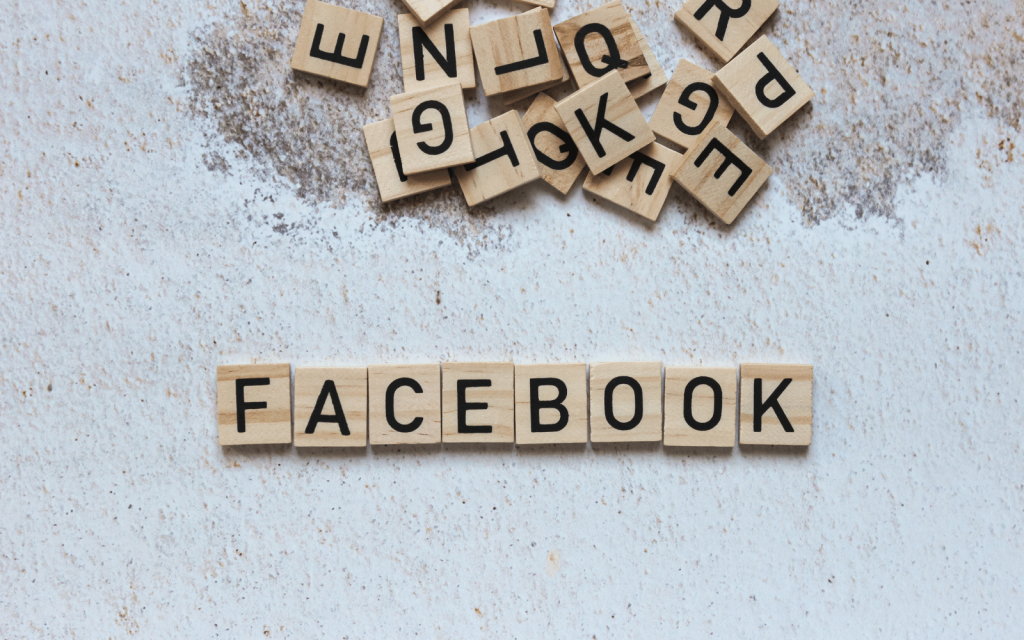Facebook CEO, Mark Zuckerberg, was roasted by US legislators in January over Instagram’s rampant sexual abuse problem. “You have blood on your hands”, senator Lindsey Graham told him during a hearing of the Senate judiciary committee. “You have a product that’s killing people.”
Also in the room, seated behind Zuckerberg, were the parents of children who killed themselves or committed self-harm after being exposed online to unwanted sexual advances.
The Senate hearing comes on top of a lawsuit brought against Meta by the New Mexico attorney-general in December last year that has revealed e-mails and other internal documents in which Meta executives acknowledge the scale of the abuse.
The documents show that by Meta’s own count, as many as 100,000 children experience sexual harassment on Instagram and Facebook every day.
The documents indicate company staff were aware that the Facebook Messenger feature was being used “to co-ordinate trafficking activities”. “Every human exploitation stage (recruitment, coordination, exploitation) is represented on our platform,” one document says.
But company executives resisted scanning Messenger for harmful content — among the Meta documents is a 2017 e-mail that said doing so would put the company at “a competitive disadvantage vs other apps who might offer more privacy”.
The documents refer to the sexual harassment of the 12-year-old daughter of an Apple executive via Instagram’s direct message feature. “This is the kind of thing that pisses Apple off to the extent of threatening to remove us from the App Store,” a Meta employee said in an e-mail.
The New Mexico lawsuit followed a two-year investigation by The Guardian, published in April last year, which found that Meta messaging services were used by criminals “to buy and sell children for sex”. The exposé quoted a 2020 report by the Human Trafficking Institute that Facebook was the platform most used to groom and recruit children, followed by Instagram and Snapchat.
“We’re seeing more and more people with significant criminal records move into this area,” former Boston Assistant District Attorney Luke Goldworm told the paper. Victims were often as young as 11 or 12, and a pimp could make up to $1,000 a night. In the four years up to October 2022, cases of social media child trafficking handled by his department rose 30% a year.
Zuckerberg, appearing last month for the eighth time on the Hill, was joined at the Senate hearing by the CEOs of X (Linda Yaccarino), Snap (Evan Spiegel), Discord (Jason Citron) and TikTok (Shou Zi Chew).
The hearing’s chair, Dick Durbin, said: “Discord has been used to groom, abduct, and abuse children. Meta’s Instagram helped connect and promote a network of paedophiles, Snapchat’s disappearing messages have been co-opted by criminals who financially sextort young victims.”
“Their design choices, their failures to adequately invest in trust and safety, and their constant pursuit of engagement and profit over basic safety have all put our kids and grandkids at risk,” he said.
Durbin showed a video of online child sexual victims relating their horror stories. “I was sexually exploited on Facebook,” one victim said, while another added: “I was sexually exploited on Instagram.”
As Graham said: “These companies must be reined in, or the worst is yet to come.”
Senator Ted Cruz pointed out that Instagram warns users that they might see child sexual abuse material but asks if they would like to “see the results anyway”.
“Mr Zuckerberg, what the hell were you thinking?” Cruz asked him. Zuckerberg replied: “Basic science behind that … [is] it’s often helpful to, rather than just blocking it, to help direct them towards something that could be helpful.”
Read More: Facebook lied: it knew teens were in danger
The Facebook CEO, who has previously argued that Holocaust denialists aren’t “intentionally getting it wrong”, told Cruz he would “personally look into it”.
But Zuckerberg was personally informed about the problem in 2021 by Facebook engineer Arturo Béjar, who also e-mailed Sheryl Sandberg, the then COO; Chris Cox, Facebook’s then chief of product; and Adam Mosseri, head of Instagram.
Zuckerberg did not respond, Béjar told a Senate judiciary subcommittee hearing last year, adding that his own teenage daughter was sexually harassed on Instagram. “She and her friends began having awful experiences, including repeated unwanted sexual advances, harassment,” Béjar said in November. “She reported these incidents to the company and it did nothing.”
Zuckerberg told last month’s hearing that “the existing body of scientific work has not shown a causal link between using social media and young people having worse mental health”.
However, Instagram head of policy Karina Newton e-mailed in May 2021 that “it’s not ‘regulators’ or ‘critics’ who think Instagram is unhealthy for young teens — it’s everyone from researchers and academic experts to parents. The blueprint of the app is inherently not designed for an age group that don’t have the same cognitive and emotional skills that older teens do.”
As Graham said, echoing what most parents feel: “If you’re waiting on these guys to solve the problem, we’re gonna die waiting.”
This column first appeared in the Financial Mail




